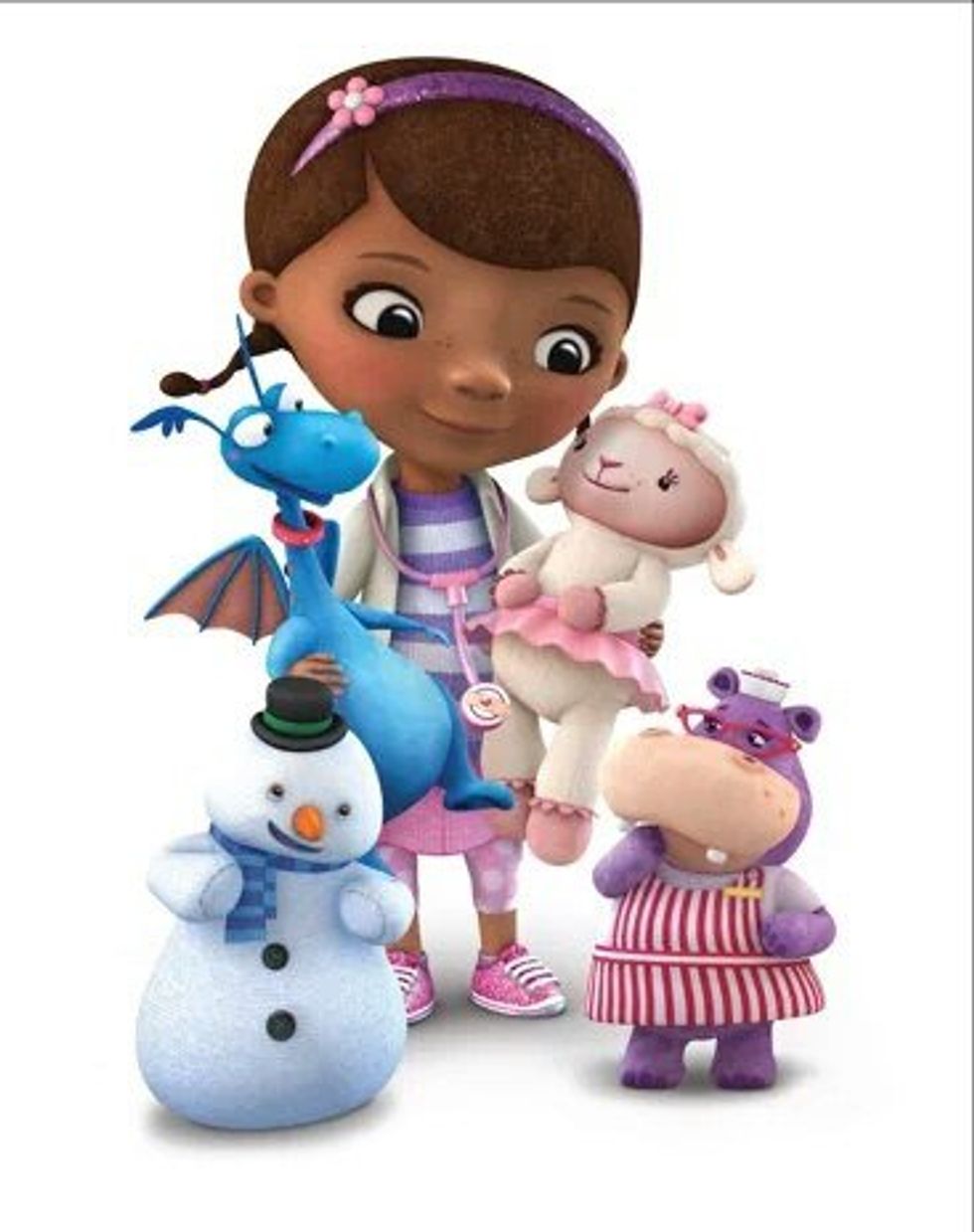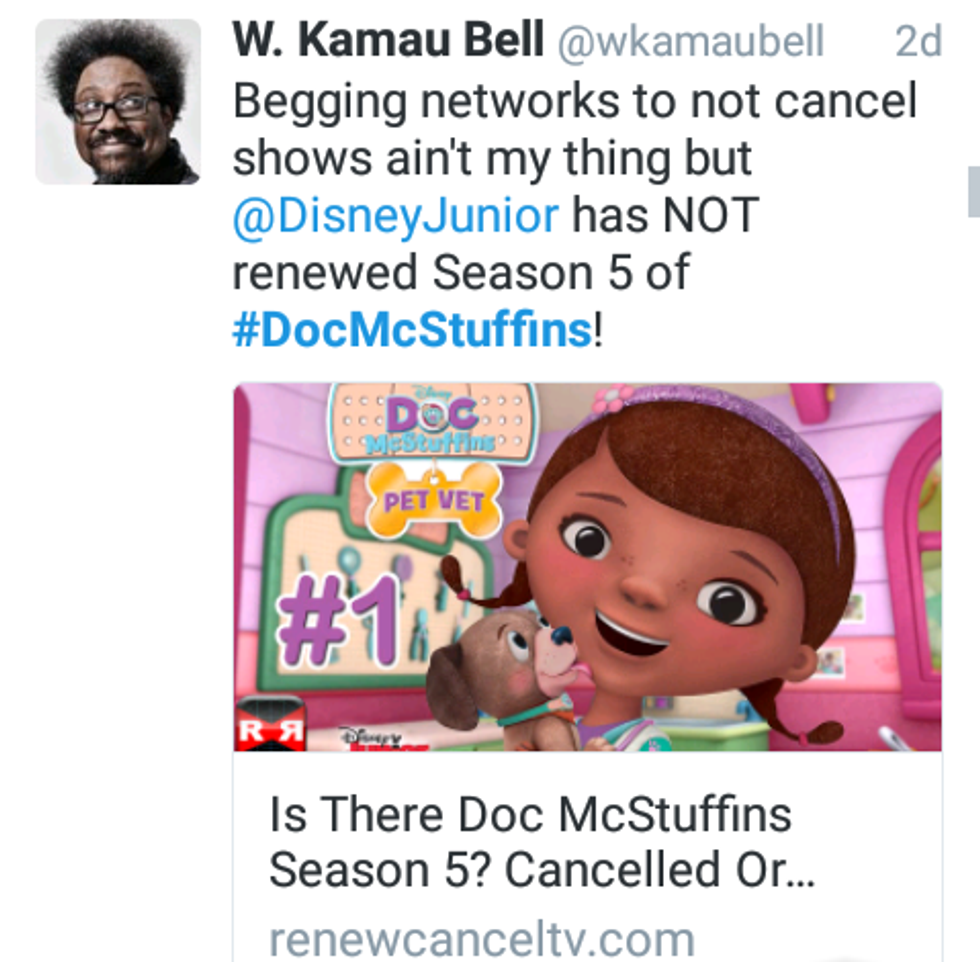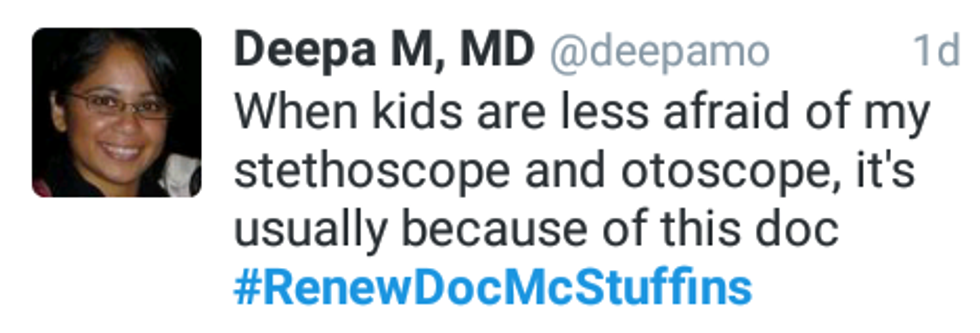Growing up, the sounds of "Sesame Street," "Arthur" and the "Big Comfy Couch" invaded my living room as I sang along to words that meant everything to my little six year old soul. The characters were my best friends and were somewhat relatable to what I was going through. They knew what it was like to be made fun of, to be unsure of yourself, or what it was like to get into an argument with a friend or a sibling. While these characters may not have looked like me, they were enough for me because they were all that I had.
Little did I know that children need characters that can relate to them not just by generic experiences, but through physical representation combined with the potential to be anything they want to be and more. We've seen Barbie play numerous roles---veterinarian, fashion designer, astronaut--but what about a children's character whose hair isn't on the straight and narrow, whose itty bitty waist is stuffed with cookies and is far from tiny, and whose skin is just shades darker?
This is where the importance of a show like "Doc Mcstuffins" which follows a six year old Black child with dreams of being a doctor like her mother, finds its significance. With Disney still considering if this wonderful show should be renewed, parents are in uproar, creating #RenewDocMcStuffins and tweeting how the show has impacted their children.
This show features a child going out there and exploring her desire to be like her mother through the use of her stuffed animals and stethoscope. Her hair isn't straight, but believably curly and tied into pigtails. Her father is a stay at home dad who is also a chef and regularly plays and interacts with his children. The parents are frequently present as their daughter, Dottie "Doc" takes care of her animals in her makeshift clinic. The episodes feature great life lessons and teaches children to be confident with going tot he doctor as well as the importance of a good check-up.
It may not seem like a children's cartoon makes much of a difference to how a child sees themself, but it does. Seeing versatile characters that look like them and have a similar family dynamic provides examples of how limitless their life choices are, provides kids with the hope and belief that if someone life her could do it, then so could they.
Just like the calls for more culturally versatile Disney princes, there should be one for tv shows as well. The small screen is what follows the kids into their homes, so it should be the focus when trying to positively impact a child through media. My nieces and nephews, as well other children of color, need someone to relate to and "Doc McStuffins" serves as a great starting point.























